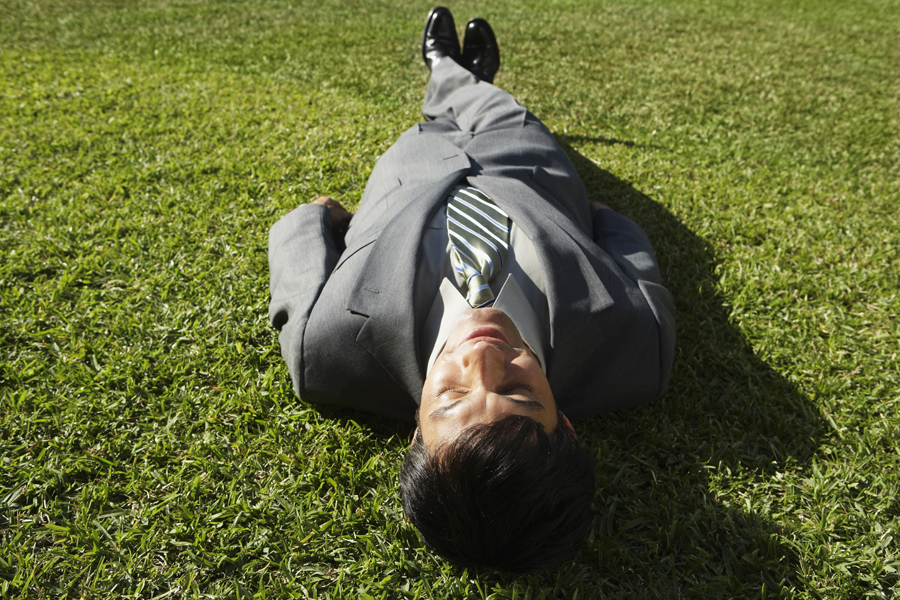There's no free lunch!
May 13, 2014 by Carolyn Richardson, EA, MBA
You may have heard that if you are self-employed, or you are expected to entertain clients as part of your job, you can deduct the costs of those meals, entertainment, and any overnight travel expenses. But many taxpayers have learned the hard way that these expenses are frequently targeted by the Internal Revenue Service for audit and, even worse, that the IRS won’t accept their credit card statements or debit card transactions as proof of the expenses.
Why is the IRS so picky about the documents needed for these expenses? The answer is, “It’s the law.”
Most business expenses, the ones frequently referred to as “ordinary and necessary” expenses, can be documented with a receipt or a cancelled check or credit card payment, as long as those clearly document the expense. This includes your office supplies, advertising, licenses, etc. These types of expenses are allowed as a deduction under Section 162 of the Internal Revenue Code, which is located in a subsection of the code which covers which deductions are allowable.
Great, you’re thinking, my travel and entertainment expenses are also “ordinary and necessary,” so I’m covered, right? Well, not so fast. Travel and entertainment expenses are not covered by Section 162. They are covered by Section 274, which is located in a subpart of the code called “Items not Deductible.” These types of expenses are NOT deductible unless you meet certain exceptions. In a nutshell, you need to prove that the expenses are directly related to your business. You can do this by showing the amount and date of the payment, the business purpose, and the names of the people you entertained and what business you discussed. You also need to show that there was more than a “general expectation” of deriving some income or specific trade or business benefit from the entertainment, otherwise it can be disallowed. In addition, you must be present for the entertainment, and it cannot take place in such a manner that there is little or no possibility of engaging in business. It cannot be “lavish or extravagant.”
For example, Bob is a self-employed distributor of equipment, and during his day he meets with John, a client of his, at the local coffee shop to discuss whether John needs to replace a piece of equipment. Bob picks up the $35 tab. If Bob notes what he and John discussed and that he was meeting with John, this would be deductible. On the other hand, if Bob and John went to a local nightclub to discuss the equipment purchase, the IRS may not allow the expense due to the distraction element of the entertainment.
It’s important to remember that travel, meals and entertainment fall under a disallowance section of the Code, not an allowance section. The IRS disallows these expenses when they are not properly documented because they are prohibited, by law, from allowing them.





